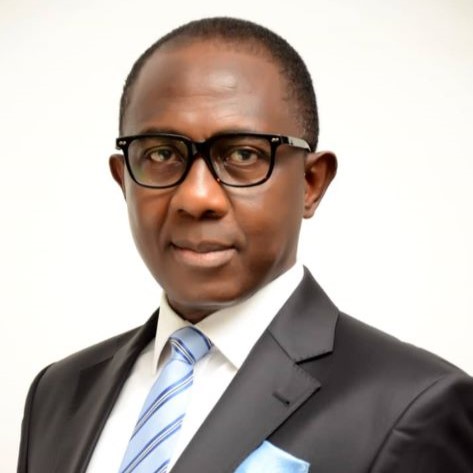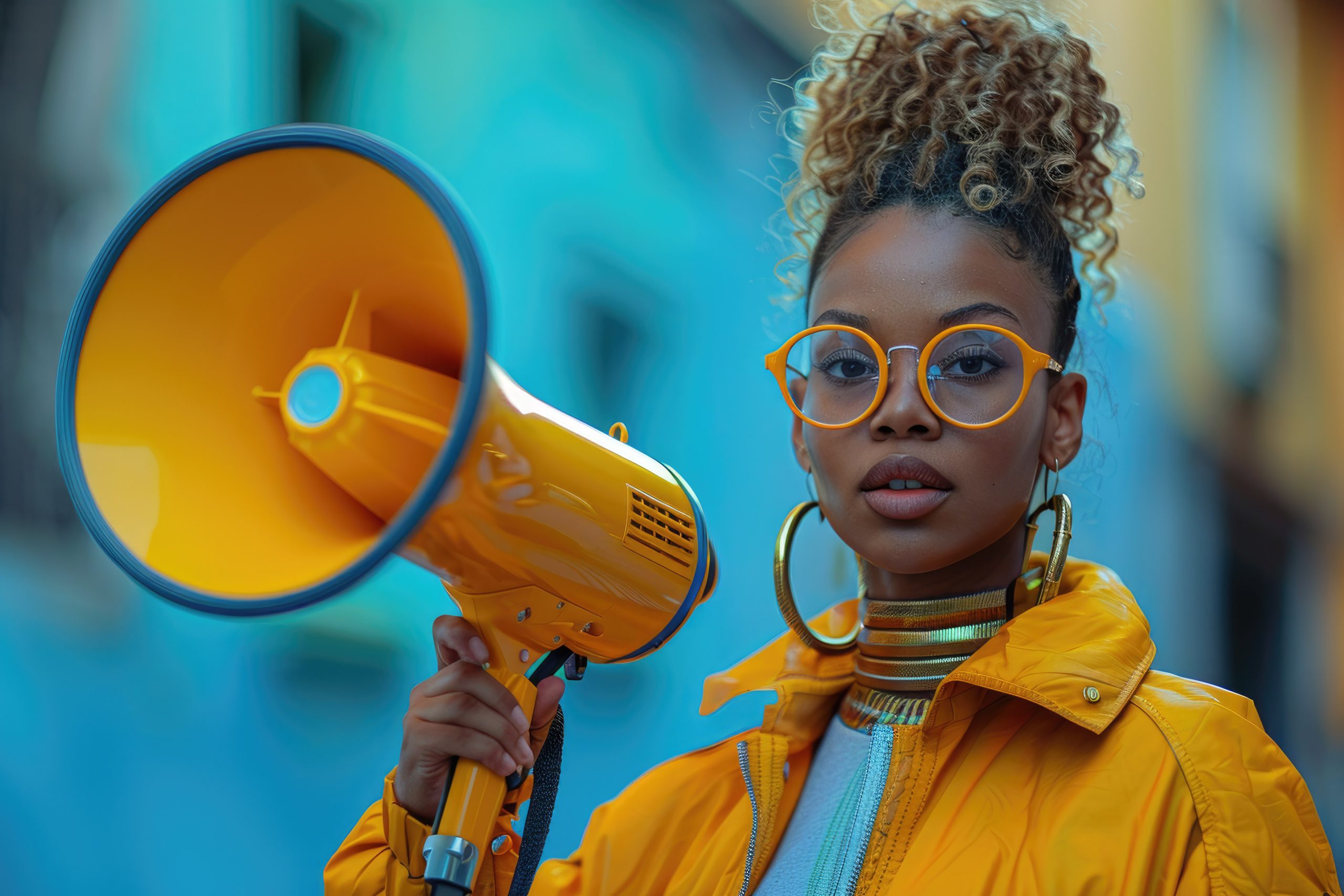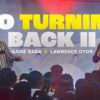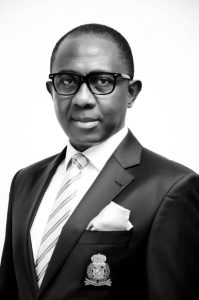Fame, Privilege, and the Power of Celebrity Activism

The past week has seen Nigerian Afrobeats star, David Adeleke (otherwise called Davido) at the centre of a public debate following controversial comments he made about Nigeria’s economy during an appearance on ‘The Big Homies House’ podcast in the United States. In essence, Davido told his audience that things were tough in Nigeria and referenced the parlous state of the economy and the devaluation of the Naira as he informed them, “It is not cool back home. The economy is in shambles”. Naturally, the backlash focused on his status as a celebrity, his privileged background, but quite understandably, missed the point about the unique ways in which new media amplifies the voices of famous individuals and how this fits into social movements.
Aside the criticisms over the propriety of dragging his country on a world stage, it seems to me that there is the unspoken but suggested questions about the singer’s credentials as an activist. We know Davido is a celebrity; so, that leaves us with the question. ‘is he an activist?’ Increasingly, the distinction is now being made between two types of celebrity activists, the first type being those who achieve fame through their craft, then use it as a platform to advance certain causes. Then, there is a second type, the ones who become prominent in the media owing to their fight for a cause to which they are committed.
This incident involving Davido highlights the complicated interplay of celebrity influence, societal expectations, and the impact of digital platforms on public discourse. Were it not for the implications for strategic communication in a saturated and fragmented media environment, It would have been a musing watching from the sidelines as people lined up to either criticise or defend the star musician. Davido is not just any Afrobeats musician. His family is wealthy and politically connected and as the son of billionaire Adedeji Adeleke and the nephew of Osun State Governor Ademola Adeleke, his background offers him opportunities that ordinary Nigerians can only dream about. Yet, Davido’s fame is not merely inherited; he has earned it through a successful music career marked by chart-topping hits and international accolades. In other words, he has earned his celebrity status and is easily differentiated from micro-celebrities.
Regardless, such a privileged upbringing is at best a mixed blessing. While it gives him the social standing to speak on socio-political issues, it also exposes him to criticism whenever his views do not align with the realities faced by ordinary people. At such times, critics are likely to question the ‘authority’ of the celebrity to speak for them when he or she did not come from the trenches. What the reaction to Davido’s podcast appearance confirms is the fact that celebrities and micro-celebrities accumulate social capital when they leverage new media platforms, which in turn appears to give them a disproportionate influence over social discourse. This influence can be misleading, as it tends to place celebrities at the centre of socio-political debates and social movements forefront of debates that they ill-equipped to either properly understood or contribute to .
Yet, dismissing a celebrity like Davido for social comments on the basis of his privileged background is too simplistic to make any sense. Celebrities have always leveraged their fame for social activism, and in the case of Davido, his participation in the 2020 #EndSARS protests, organised to protest the high-handed approach of Nigeria’s notorious Special Anti-Robbery Squad (SARS), appears to indicate that he has some sense commitment to social justice. In addition to joining the protests Abuja, but also, his song, “FEM” went on to become the unofficial anthem during the protests, reflecting his credential as urban music figure, able to influence pop-culture.
The outcry that followed the podcast underscores the challenges associated with celebrity activism. Activists mostly function in four ways – as citizens, reformers, rebel and change agents and should be assessed on how well they perform in these areas. Much like other celebrities with privileged backgrounds, Davido’s ‘aristocratic’ lineage influences how his political commentary is received. Supporters see him as a voice for change, using his platform to advocate for accountability while critics dismiss his views as performative, arguing that his lifestyle undermines the credibility of his critiques.
It did not help his image that soon after the Abuja #EnsSARS appearance, the artiste was heavily criticised after a leaked video appeared to show him distancing himself from being part of the protests during a meeting with the Inspector General of Police. Though he appeared to have stressed that his involvement was about amplifying the voices of others rather than being the face of movement, his overall standing in the change movement he seems to romance on occasions, appear to lack the street credibility of change makers. Compare the performance of Catherine Udeh, popularly known as DJ Switch, who became a celebrity on the back of her live coverage on Instagram, of the security assault against protesters at the Lekki Toll Gate. To put it in perspective, where Davido would be described as a celebrity activist, DJ Switch qualifies to be called a celebrity activist.
Whether it is the celebrity activists or celebrity activists, the paradox of celebrity activism lies in the tendency to focus on the individual rather than the systemic issues they highlight or the collective sacrifices needed to remake systems. Just as DJ Switch’s story seemed to dwarf the events at the Lekki Toll Gate, the discourse around Davido’s podcast remarks has largely centered on his personal life and motivations, detracting from the substantive issues he sought raised, and which should have been addressed.
In Davido’s case, relationship with the Osun State Governor, Ademola Adeleke, represents another layer of complexity to the controversy. His familial ties to a serving governor in the People’s Democratic Party (PDP) invites questions as to whether his criticisms of Nigeria’s economy are genuine or politically motivated. As a prominent figure in the Adeleke dynasty, Davido occupies a unique position where his personal brand intersects with political influence. His comments and the subsequent backlash cannot be divorced from the broader context of digital cultures or the much deeper questions of how much real influence celebrities wield on social change. I have previously highlighted the connections between what I call street credibility or a lack of it in leading successful protests. The failure of the protests promoted by TuFace Idibia sometime in February 2017 was missing precisely the street credibility value, something that was vitally important in the acclaimed success of OccupyNigeria.
The fallout from Davido’s podcast interview serves as a case study in the complexities of celebrity influence, and how this impacts social activism. It underscores how fame, privilege, and digital cultures intersect to shape public perceptions of activism and advocacy. Davido’s privileged background, coupled with his achievements as a musician, positions him as both an influencer and a lightning rod for criticism. As a Nigerian citizen, we can accept that he has sufficient grounds speak on pressing issues but whether he has what it takes to be reformer, a rebel and change agent, we will have to wait.
As Nigeria grapples with economic and political challenges, the role of celebrities in shaping public discourse will remains contentious. While their platforms can amplify important issues, they also risk reducing complex problems to simplified narratives centered on individual personalities. In the meantime, their followers and ordinary Nigerians are likely to be disappointed that social activism sometimes demand far more than a celebrity status for it to effect meaningful change.
Ultimately, the controversy highlights the need for a more nuanced approach to celebrity activism – one that transcends the spectacle of fame and prioritises collective, systemic change.












